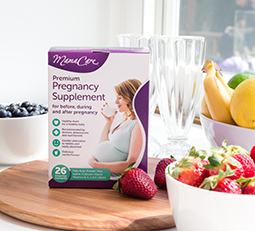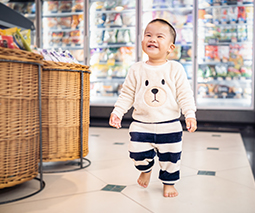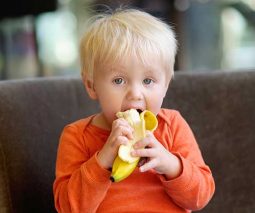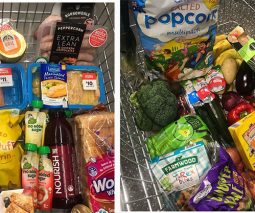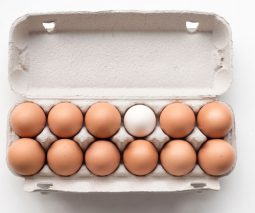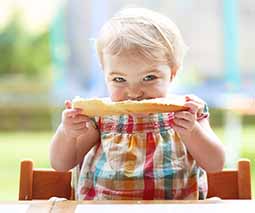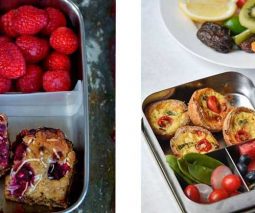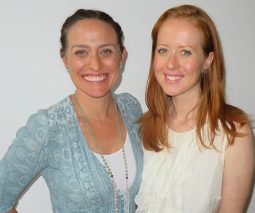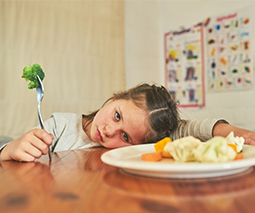Health experts warning: “Inappropriately high levels of sugar” in baby foods
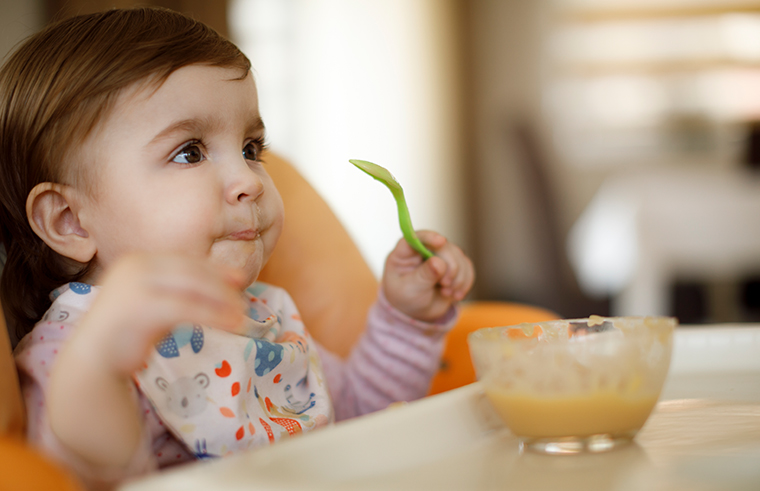
The World Health Organisation (WHO) has issued a renewed warning to parents about the high sugar levels in some baby foods.
Sugar, sugar, everywhere
The organisation has just completed two studies on the nutritional content and marketing of baby food products, gathering data from close to 8,000 food and drink products which are aimed at infants and young children.
Reporting on their research, WHO says that at least half of the products drew more than 30 percent of their total calories from sugars. A third of the kids’ and babies’ products contained sugar, concentrated fruit juice or another sweetening agent.
WHO says this is not only bad for kids’ health, it sets them up for a lifetime of sweet-toothed eating.
“Food for infants and young children are expected to comply with various established nutrition and compositional recommendations,” explained Dr João Breda, head of the WHO European Office for Prevention and Control of Non-Communicable Diseases.
“Nonetheless, there are concerns that many products may still be too high in sugars.”
“Although foods such as fruits and vegetables that naturally contain sugars are appropriate for infants and young children, the very high level of free sugars in puréed commercial products is also cause for concern,” WHO also noted.
The products tested were bought from over 500 shops across Austria, Bulgaria, Hungary and Israel.
The local story
So is the sugary baby food story similar in Australia? Consumer advocate CHOICE, who is currently lobbying for a more transparent food star rating system, suggests that it’s a ‘buyer beware’ situation and that parents should read labels of those packaged first foods carefully.
CHOICE looked into baby foods back in 2016 and they did indeed find similar problems with high sugar content. They noted that the sugar was often disguised in the ingredient listed on products, pointing out that there are more than 40 names that added sugar can be listed under.
“More than 30 percent of the products we looked at contain added sugar in the form of fruit juice concentrate, which sounds a whole lot better on the label, and many companies use this to their advantage.”
Snack shame files
What else did CHOICE find out? Lots. Let just take you through the nutritional low-lights.
- Some snack bars aimed at children and babies were found to be more than 40 percent sugar, even more than some similar adult snack bars.
- Some kids’ and babies’ food and drink products that claimed to be ‘made with real fruit’ were chock full of fruit juice concentrate.
- Others boasted a multitude of different vegetable ingredients but those veggies actually made up less than 2 percent of the total product.
- Some products that were marketed as ‘organic’ included organic sugar in their ingredients.
- And lots of yoghurt-based products for babies and children were packed with sugar, too.
- Some baby biscuits and cereal were no better nutritionally than giving your child a packet of chips.
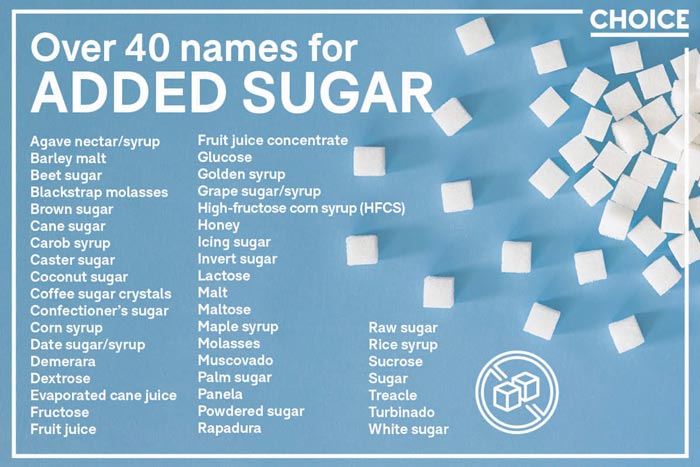
Carefully does it
So how do you avoid these problematic foods and ensure your baby’s nutrition is top-of-mind when introducing those all-important first foods? CHOICE suggests the following:
- Read the ingredients list first – ingredients are listed in order of most to least.
- Aim for products with a small ingredients list consisting of whole foods and no added sugars and salt, particularly if your baby is under 12 months.
- Check for real fruit and veg ingredients, not just juice concentrates and powders.
- Don’t be swayed by claims that the snack will “help your little one develop good hand-eye co-ordination” or is “sized and shaped to help develop fine motor skills”. A cucumber stick, a crust of wholemeal bread, a rice cracker or a banana can all do the same job.
- Consider packaged snacks a ‘sometimes’ foods.
Source: CHOICE
Thank you WHO and thank you CHOICE. The marketing of these products really needs a revolution, doesn’t it?
